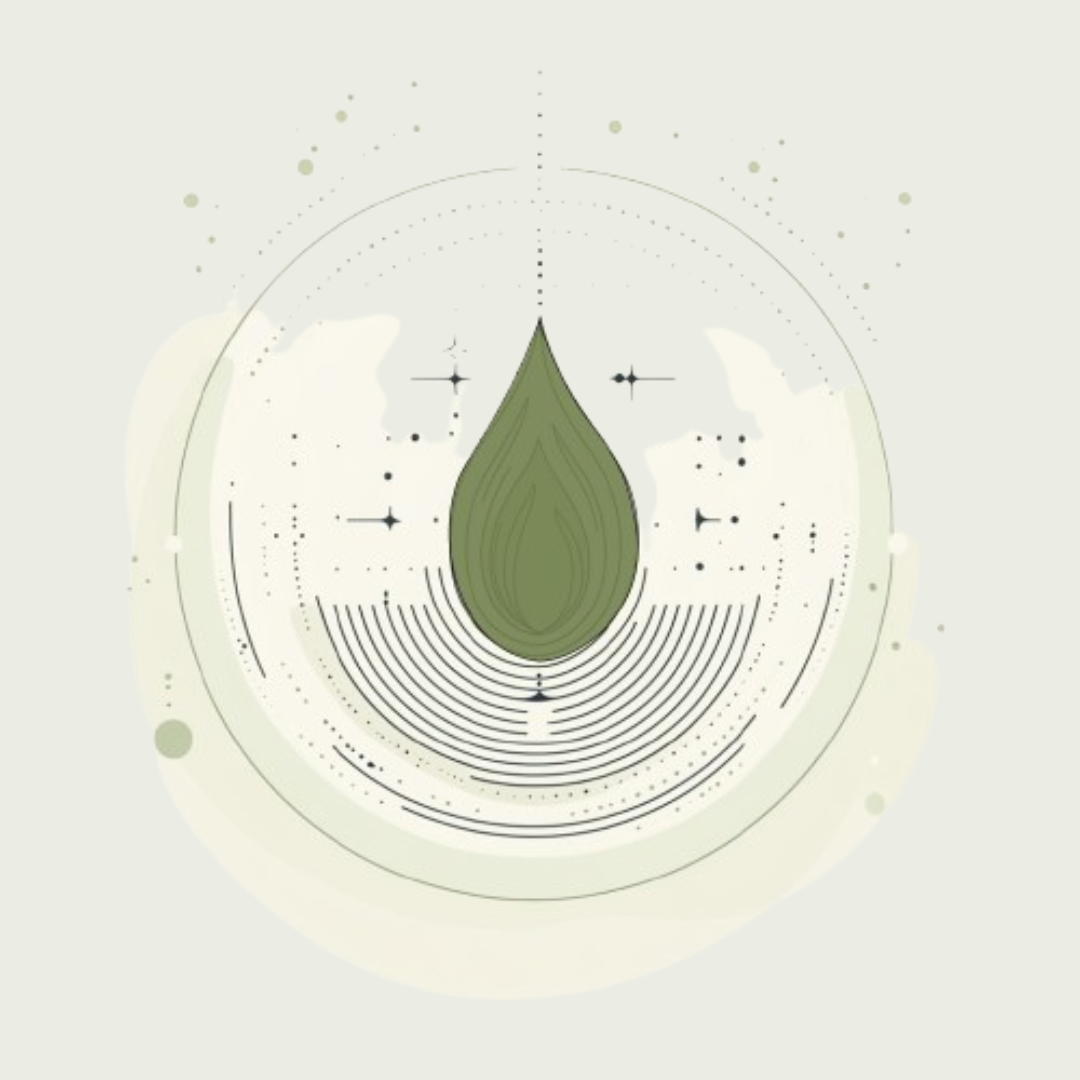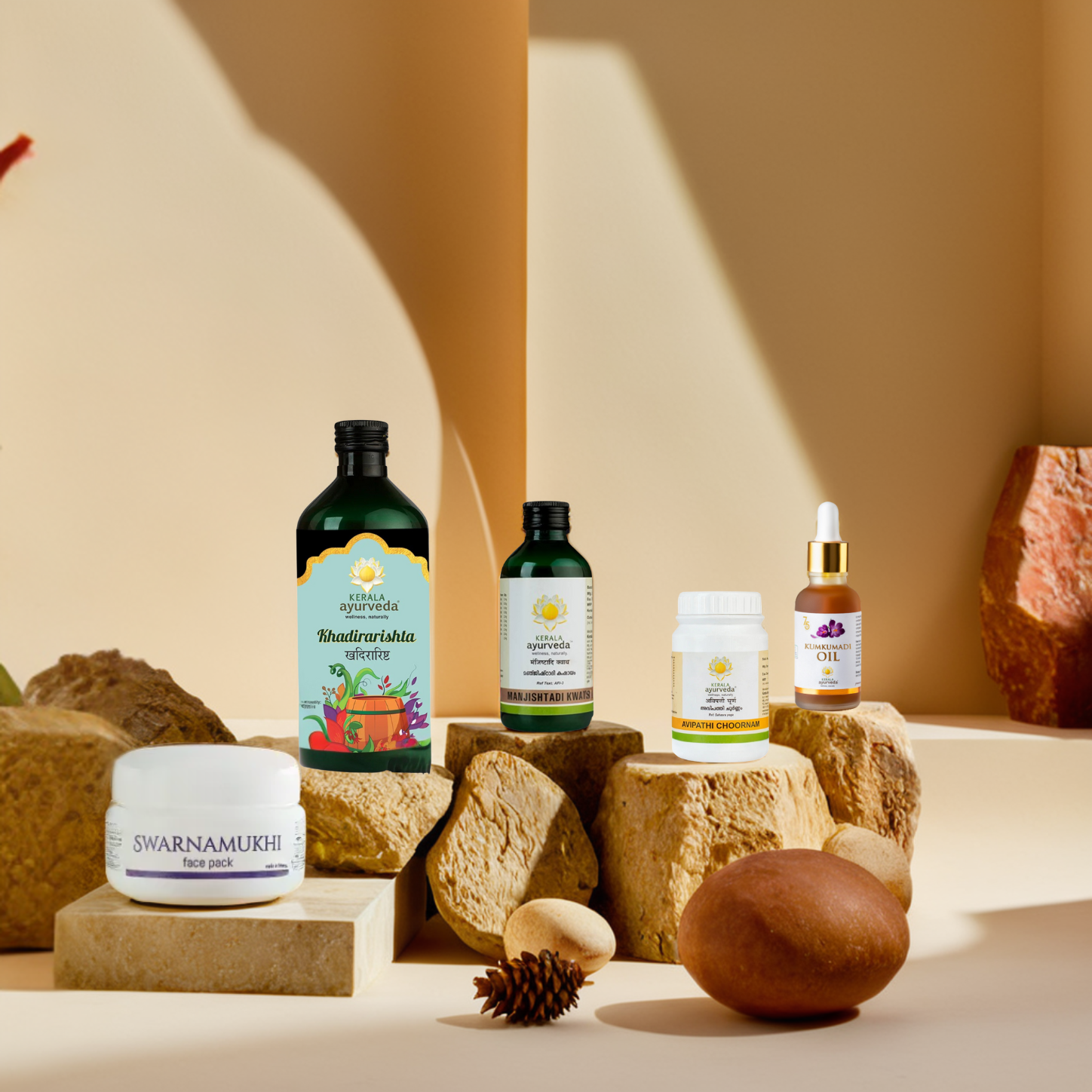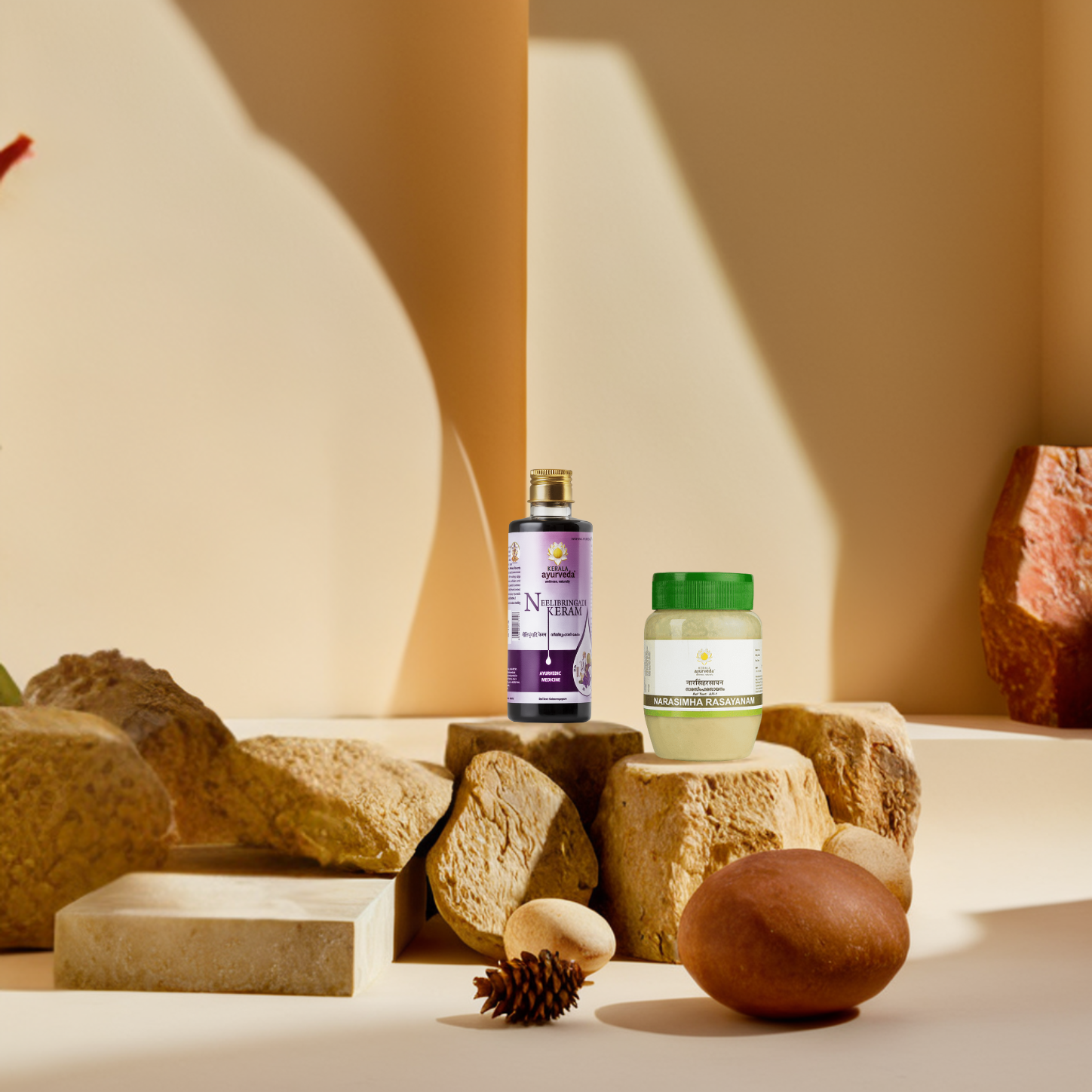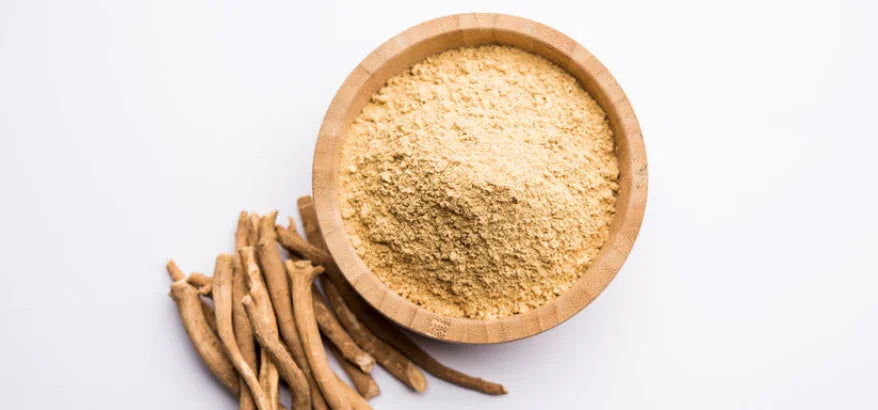Highlights
As we can not scrub, rub or cleanse our inner body as our outer, we must maintain a healthy nutrition intake. Ayurvedic herbs make one simple yet effective mode of nutrition for optimum health in humans.
Whether one aims at increasing their Ayurvedic antioxidants intake or is trying to tackle concerns such as inflammation of joints, certain Ayurvedic herbs can have a relieving effect against certain health concerns.
In this blog, we will discuss many Ayurvedic herbs that are widely popular, used, and appreciated for their health benefits. Perhaps our readers may find a natural route to a healthier life.
Brief History of Ayurvedic Herbs
The ancient knowledge of herbs and their properties is mentioned in vast detail in the Vedas. This knowledge of herbs and Ayurvedic healing has enabled Ayurvedic practitioners and doctors (Vaidyas) to help individuals dealing with health concerns for thousands of years.
The home remedies we all follow are a simplified version of the herbal recipes mentioned in Ayurveda texts. According to Ayurveda, the universe is made up of Panchamahabhutas - Prithvi (Earth), Jala (Water), Agni (Fire), Vayu (Air), and Akasha (Ether). This fundamental principle forms the basis of Ayurvedic healing. The combination of the mahabhuthas form the tridoshas. Vayu and Akasha form Vata, Agni and Jala form Pitta and Prithvi and Jala form Kapha.
Thus an imbalance of Tridoshas can be managed by appropriate herbs made of the respective mahabhuthas. Ancient Vaidyas carefully studied these ayurvedic plants and documented their properties carefully that can be used in diseases of various kinds.
Modes of Taking Ayurvedic Herbs
There are many ways to take herbs. Ayurveda uses different formulations that can be used according to the disease. Let us discuss some ways to consume herbs in Ayurveda:
Fresh juice (Swarsa)
The fresh juice extracted from plants, whether roots, leaves, flowers, etc., by crushing and filtering it. Fresh herb has to be collected, and the juice should be consumed immediately. The dosage varies according to age and disease condition.
Herbal paste (Kalka)
Kalka is a herbal paste made with fresh or dry ayurvedic plants. It can be for external applications or consumption.
Herbal teas
Hot infusion (Phanta) - This herbal tea is made by adding 1 part of the coarsely powdered herb in 4 parts of hot water. Filter it and consume it immediately while it is still warm.
Cold infusion (Hima) - Hima is prepared by soaking 1 part of coarsely powdered herbs in 6 parts of cold water. The next day, this is filtered and consumed.
Decoction (Kwath)
Kwath is prepared by a single or a combination of herbs. It is obtained by boiling coarse powder or drugs in a proportion of 4, 8, or 16 times of water reduced to one–fourth and stained in cloth.
Herbal ghee
Herbal ghees are made by cooking herbs in ghee. This increases the shelf life and helps extract the herbs' lipid-soluble properties.
Also read: Ayurvedic Ghee: A Complete Guide on its Type and Benefits
Herbal oils
Ayurvedic oils are made by cooking a paste of herbs in coconut, sesame, or any other natural oil. These herbal oils are for external or internal usage.
Apart from these, Churnam, Arishtams, Pills, Lehyams are some ways herbs can be consumed.
Most Powerful Ayurvedic Herbs and their Benefits
Ashwagandha
If you were raised in the Indian subcontinent, or if your family is Indian, you might have grown up hearing from your grandparents how Ashwagandha can help lead a healthier life. It is named so as it is believed to provide one with the strength of a stallion.
From improving digestion to boosting energy and helping maintain healthy blood sugar levels, Ashwagandha can do it all.
Kerala Ayurveda offers several Ashwagandha based products that can help reap the following benefits of Ashwagandha easily:
-
Can help enhance memory and cognition.
-
Eases stress.
-
Supports healthy digestion and metabolism.
-
It helps to maintain a healthy immune system and promotes muscle strength to support the comfortable joint movement.
-
It is considered as the best herb for calming Vata.
Triphala
Triphala is an immensely popular herbal formulation that is well-known among the Indian subcontinent for its gut-healing benefits and for getting constipation relief. It is an excellent digestive supplement with the power of three gut-friendly herbs- Gooseberry or Amla, Chebulic Myrobalan or Haritaki, and Baheda or Bibhitaki.
Here’s a list of benefits that one can reap by consuming Triphala, in its bitter natural form, or as an easier and more pleasant Triphala Sparkles or tablets:
-
Triphala can help improve the digestion process and improve gut health.
-
It is a natural laxative that can help reduce constipation, while improving the consistency of bowel movements
-
As Triphala improves metabolism, it can be good for weight management.
-
Triphala is a rich source of antioxidants that help fight free radicals and oxidative stress
-
It preserves the health and beauty of hair and skin.
Brahmi
Brahmi is often known for its benefits on brain health. However, that doesn’t explain everything about how it can be helpful. Here’s a more comprehensive list of benefits:
-
Brahmi can help enhance memory, increase intelligence, and boost concentration.
-
Brahmi can decrease the cortisol levels in the body and reduces stress and anxiety
-
Brahmi supplements are cooling and relaxing and can make excellent supplements for optimising Pitta.
-
It can help calm the Vata in the mind and can help eliminate excess Kapha in the body.
-
It is one of the top Ayurvedic herbs to help reduce stress.
Manjistha
Manjistha, a prickly climber, has been touted as an excellent herb that helps balance the energetics of Pitta dosha. The bright red roots that spread quickly extensively through the soil might remind you of our circulatory system; this striking resemblance is no coincidence. Manjistha has a particular affinity to Rasa (plasma) and Rakta dhatu (blood tissue). The name ‘Manjistha’ translates to “bright red” in Sanskrit and acknowledges the red-colored roots and its deep relationship with the circulatory system. The ability of Manjistha to support a healthy circulatory system is because of its ability to soothe and balance Pitta and Kapha dosha.
For a more precise understanding, here’s a comprehensive list of Manjistha’s sought-after benefits:
-
It can help purify the blood.
-
It is a natural detox agent that can help cleanse the body by eliminating toxins and waste.
-
Manjistha can act as an active lymph mover, which can also help reduce excessive Pitta levels and break up the congested Kapha.
-
Manjistha can be one of the best Ayurvedic herbs that can cleanse the liver, ensure healthy kidney function, and clear acne.
Precautions
While Ayurvedic herbs are naturally grown and maintained through organic means, they are safe to consume in prescribed quantities. Most herbal products you may use or consume may never counter good health. However, excessive consumption/usage is not advised.
For optimum results, and a healthy body, prescribed quantities should not be exceeded, and a professional Ayurvedic doctor’s prescription is advisable before starting dosage.
Also, all herbal skincare products and massage oils are composed of various herbs, a few (or more) of which may have an allergic reaction to specific skin types. To rule out the risk of allergy, always start with a patch test, and continue using only if there’s no reaction.
Key Takeaways
Here’s a look back at what we learned in this blog:
-
Ayurvedic healing methods have been helping individuals lead a healthy life for thousands of years
-
Various Ayurvedic herbs have frequently been used for preparing effective Ayurvedic recipes and remedies to manage certain health conditions in humans.
-
Some of the most powerful Ayurvedic herbs can help manage digestive concerns, hair care problems, weight management challenges, and other healthcare matters.
-
Even though Ayurvedic herbs are grown naturally and do not have specific side effects, it’s advisable to consume them only in moderation and as prescribed.
Conclusion
The science of Ayurveda talks about a wide range of natural herbs with hundreds of biological benefits. However, it can sometimes confuse to pick the most suitable herbal treatment for a health concern. This article discussed some of the most popular Ayurvedic herbs that are widely used and appreciated across the globe.
Hopefully, this was helpful.





